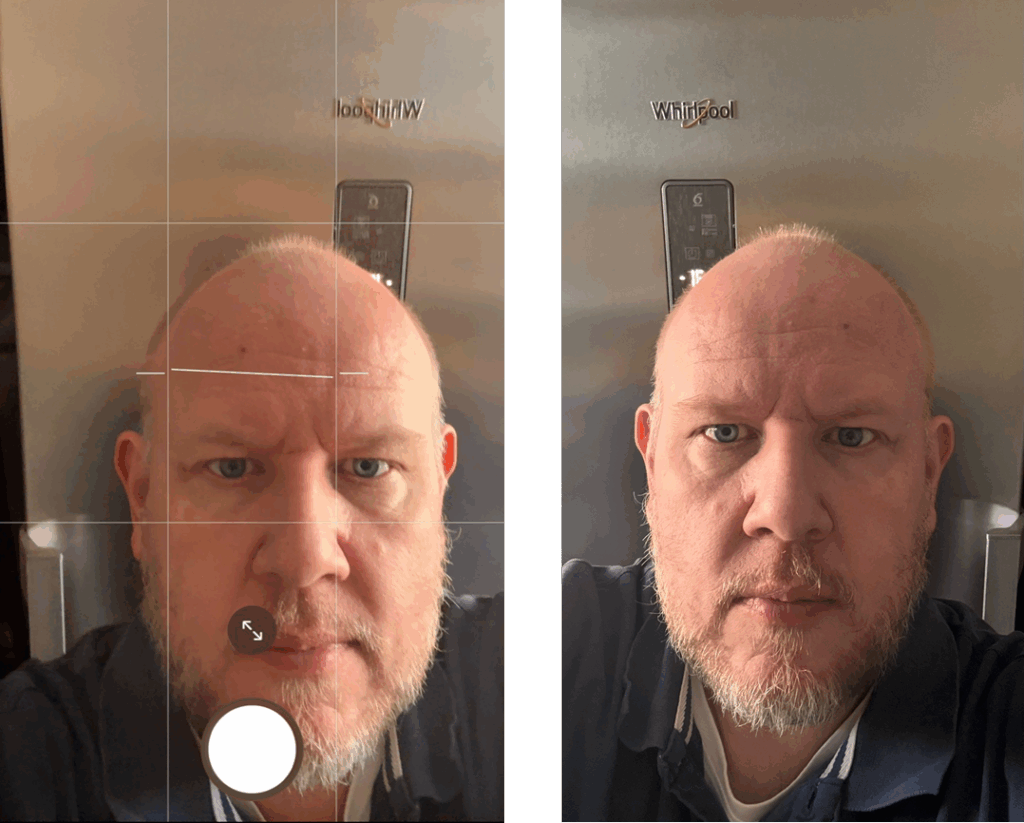Yesterday YouTube handed me a surprise: a Tech Roast Show. Picture three comedians in Seattle, on stage roasting tech folks. Not just Silicon Valley startup bros, but Boeing engineers too.
I’ve often wondered: wouldn’t it be something if comedians specialized in tech? Sports, politics, and relationships are fair game, so why not the absurdity of venture capital pitches or Agile stand-ups?
Geeks Got Roasted, Girls Got Rich
Watching, I felt both fascinated and slightly annoyed. Fascinated because these guys clearly knew their material. Annoyed because they dropped the F-bomb like it was punctuation and kept interrupting their guests. I don’t mind a little chaos, but when you’ve been inspired by Dr. James A. Whittaker—who commands a stage with the precision of his Storyteller’s Spellbook—you notice the difference between someone owning the moment and someone just filling it.
One part did catch me off guard, though. They pulled audience members on stage and asked about their total compensation package. Even an intern was making nearly $100K a year. The top earners? Surprisingly (good) both women. The richest was a Google engineering manager for internal apps, earning between $800K and $1.2M. That’s a mic-drop moment.
Still, I’ll give the show another shot. Maybe a Bay Area edition will deliver the gold hidden in the awkwardness.
Digital Mirror Confession
It started with this LinkedIn post: two women, smiling in front of a Costco. Yet something felt off. Too perfect. AI-perfect in my gut feeling right away. But then the original poster wrote there’s one small conceptual error.

Commenters eventually spotted the giveaway: the Costco logo wasn’t mirrored as you’d expect in a selfie.
But wait—should it be mirrored?
That question stuck with me. I couldn’t remember a single time text looked reversed in my selfies. So I ran an experiment in front of our Whirlpool fridge. On the live preview, the text was mirrored. But in the snapped photo, it flipped back to normal.

Mystery solved. Our phones quietly correct reality for us. A tiny, invisible filter that makes the world appear as we expect, not as it is. I’d been using it every day without realizing. And I bet I’m not alone.
When Bottles Break and Filter Your Wallet
My daughter’s purple knock-off Air Up bottle—her pride and joy—finally gave up. A fatal drop left it leaking beyond repair. That same week, the flavor pod refill I’d ordered was canceled by the webshop. No supply, no refund needed.
Coincidence? Maybe. Or maybe the universe just saved me a few euros, nudging us back toward the original Air Up brand.
Either way, the timing was uncanny. As if life itself whispered: you don’t need to top this up anymore—it’s time for a reset.
The Filtered Thread
Three stories: a stage where tech gets roasted, a mirror where reality gets corrected, and a bottle that breaks when it should.
The thread tying them together? Filters.
Comedians filter our industry through humor. Smartphones filter our images through invisible corrections. Life filters our possessions, deciding which stay and which go.
Me? I’m preparing my own filters—slides, metaphors, segues—for my Continuity Airlines talk in two weeks. Every story we tell is a kind of filter too: shaping raw reality into something that resonates.
And sure, behind the power of three stories, there’s still the hidden fourth.
What's on your mind?